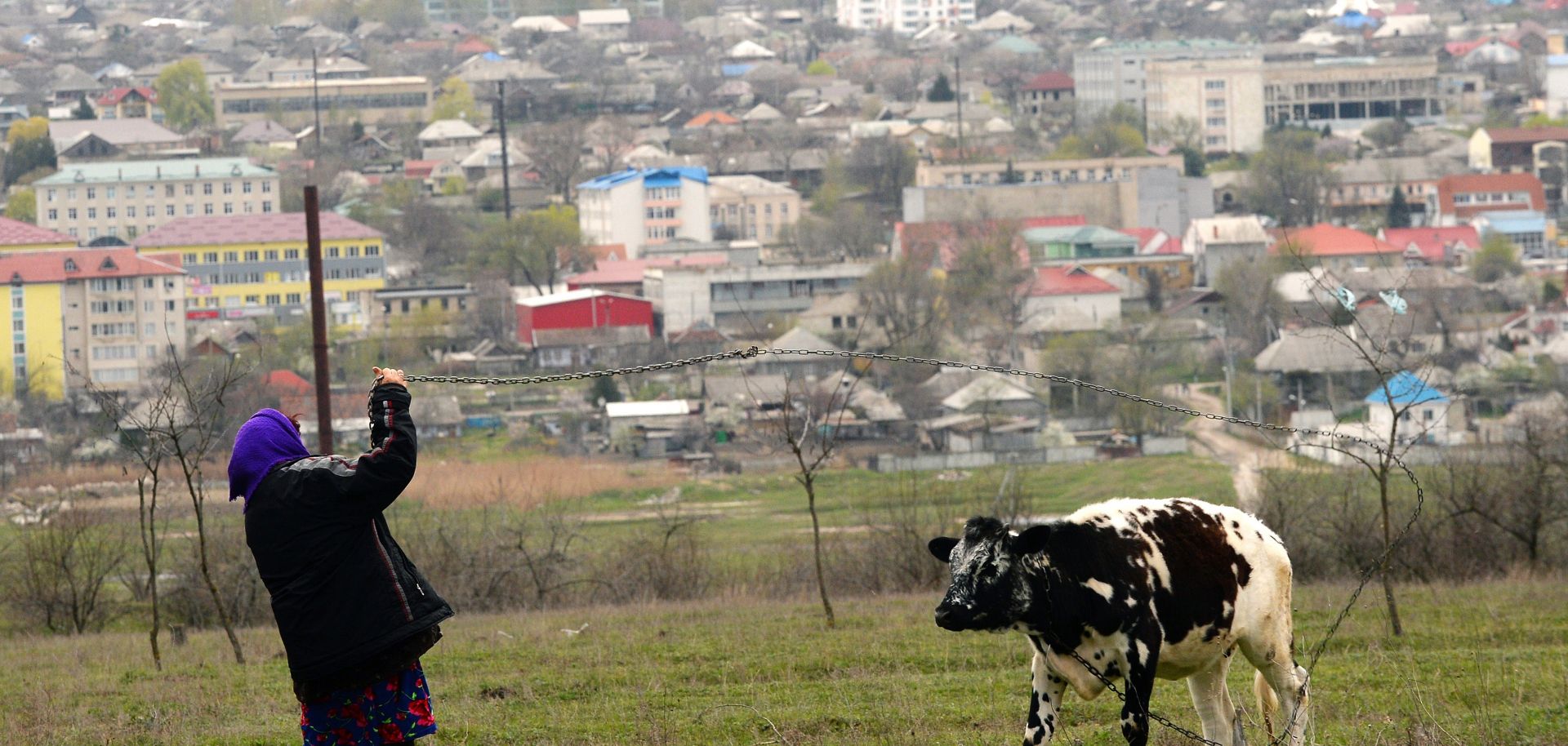
Gagauzia is a largely agriculture-based region in Moldova named for the Gagauz people who inhabit the territory. The Gagauz are ethnically Turkic and speak a dialect of the Turkish language, in contrast with the Romanian and Russian-speaking Moldovan majority. The Gagauz make up just fewer than 150,000 of Moldova's population of 3.4 million and are concentrated mainly in the Comrat municipality and a few nearby communes in southern parts of the country. This territory is significant in the context of Moldova's broader strategic location between Russia, Turkey and the European Union.
Since Moldova's independence from the Soviet Union in 1991, Gagauzia has had strong separatist tendencies. The region declared independence from Moldova in August 1991, but after negotiations Chisinau agreed to grant the region the legal status of "special autonomous zone" in 1994. This diplomatic approach was in stark contrast with another breakaway region, Transdniestria, which fought a brief war with Moldova and achieved de facto independence with Russian military and economic support. Since then, Chisinau has struggled constantly to reintegrate Transdniestria while facing a broadly manageable political situation with Gagauzia.
However, the emergence of a Europe-oriented government in Moldova and the country's subsequent attempts to achieve closer integration with the European Union have upset the balance between Chisinau and Comrat. Following Moldova's initialing of key integration agreements with the European Union in November, authorities in Gagauzia agreed to hold a referendum on the issue. That referendum, held Feb. 2 to decide whether to integrate further with the European Union or with Russia, showed that 98.4 percent of voters chose closer ties with Russia's Customs Union, while 97.2 percent voted against closer EU integration. It is unlikely that Gagauzia will actually follow through on accession to the Customs Union or split off from Moldova completely, but such discussions will undermine Moldova's integration plans, as well as those of other countries in the EU-Russian periphery.



